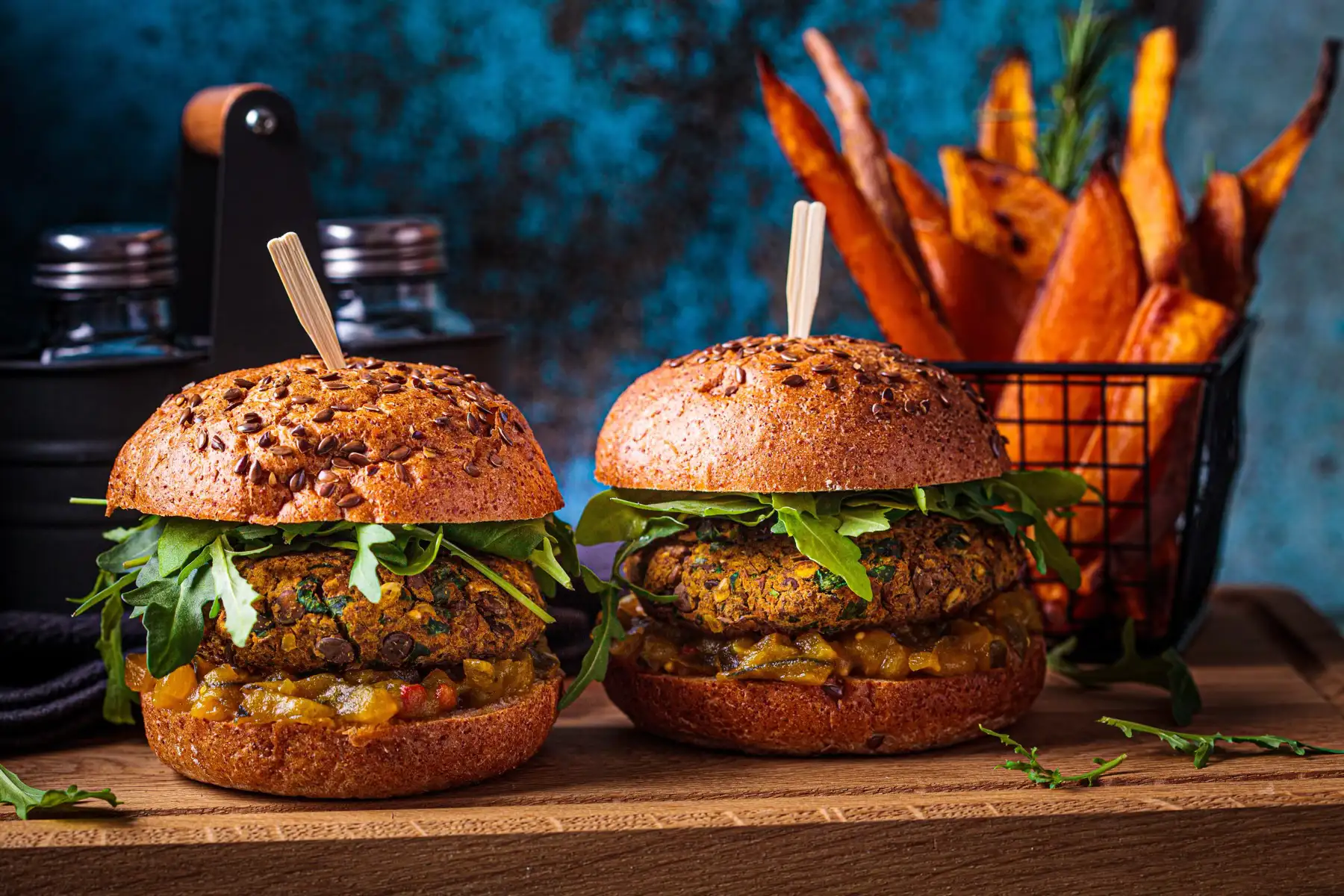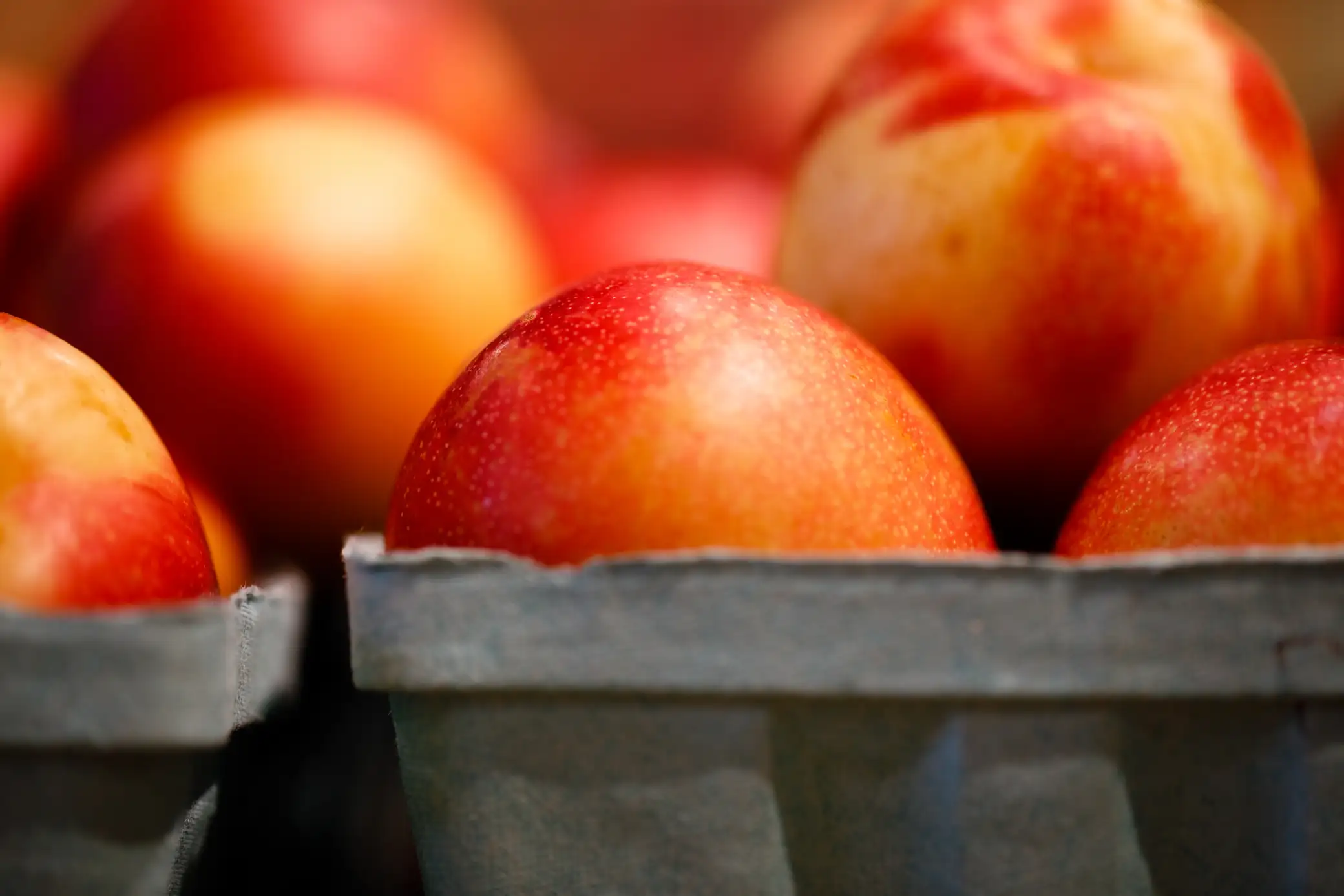Confused? You’re not alone. In the last few years, we’ve seen the words “vegan” and “plant-based” pop up on menus and food labels worldwide. As more and more of us become aware of the impact our food choices have on our personal and global health, we may become more perplexed about what to eat.
What’s plant-based on one menu is labeled vegan on another, and vice versa. Not to mention the greenwashing from major corporations riding the wave and using these labels to sell their products. Remember not long ago, when Whole Foods reinvented the supermarket and the natural and organic foods tsunami flooded the marketplace? Suddenly supermarket shelves and TV commercials were hawking foods that were anything but “natural.” But let’s break down vegan and plant-based because there is quite a bit of overlap!
Vegan
Vegan means abstaining from all animal products for food or any other use. Being vegan means you don’t just avoid animal products on your plate, but you don’t purchase clothing made from leather (cows, goats, sheep), wool (sheep), down (geese), silk (worms), or real animal fur of any kind. You also avoid ingredients like gelatin (made from boiled bones), casein (from milk), honey (from bees), and supplements, and sauces containing fish oil and oyster shells. You’d be surprised how often ingredients like gelatin appear in our groceries; many vitamins and supplements, candies like Starburst Fruit Chews, Gummy Bears, Mentos, and snack foods like potato chips and Planter’s dry roasted peanuts, and of course, Jello. Vegans tend to be voracious label readers!
The goal for vegans is to free animals from their unwilling servitude to human consumption and cause the least amount of harm possible. Some meat eaters often will argue this point and say things like “vegetables feel pain,” or “bugs were killed in the growing of your lettuce,” etc. But for vegans, it’s the intention to not knowingly harm living beings, from insects to mammals or anything with a central nervous system (which plants do not have).
There’s a much larger conversation to be had which has to do with cultural norms, food scarcity, and personal choice, and where empathy is key to understanding others’ choices and critical to avoid conflict! But more on that in a future blog post…
It’s important to understand “vegan” does not equal healthy. These days there are more and more highly processed vegan meats, vegan seafood, vegan chocolates, and snacks flooding the marketplace (FYI Oreos and French fries are vegan). These are not health foods. But vegan burgers, meat analogs and vegan cheeses are good options as transitional foods for those aiming to reduce animal consumption and adopt a more nutritious whole food, plant-based diet. These options are a better choice compared with their animal ingredient counterparts.
Plant-based
Plant-based is just what it sounds like; most of your diet comes from plants. There are wide-ranging approaches to this, some vegan and some not. Often those who decide to go plant-based are motivated by health. When followed for health reasons, the plant-based option primarily includes avoiding highly processed foods and eating more whole vegetables, fruits, grains, legumes, nuts, seeds, and tubers. Some plant-based folks wear leather and eat honey and consume limited amounts of meat, eggs, and dairy.
Whole food plant-based
There is also Whole Food Plant Based (WFPB), which avoids animal products in their diet and all processed foods like sugar, oil, and salt (Whole Food, Plant-Based, SOS-free). However, plenty of WFPB recipe creators and influencers abstain from oil but use processed sugars and salt in their diets.
Testament to its power to heal is many anecdotal cases and case studies that prove diseases like diabetes, heart disease, and morbid obesity can be prevented and reversed on a whole food plant-based diet.
Honey is hotly debated but will often appear in whole food plant-based recipes because raw honey is an unprocessed food containing many nutrients. But strict vegans argue that bees are being used and deprived of the intrinsic substance that enables them to flourish and encourage substitute sweeteners like maple syrup and agave nectar.
Unprocessed vs. processed
Unprocessed foods are still in their original form as grown in nature like vegetables, tubers, fruits, legumes, grains, nuts and seeds and can spoil easily if not cooked or eaten right away. Processed Foods are foods that are no longer in their original form, are packaged and can live on a shelf for a long time without spoiling.
Some processed foods can be healthy, for example whole grain bread made from wheat berries, or corn tortillas made from only corn (and maybe lime and salt). Whole grain bread made from wheat berries (the whole food) is processed, but still contains fiber and nutrients. Look for the words Whole, Stone Ground, or Sprouted as the first ingredient of your bread (wheat, spelt, oat, etc.).
Many processed foods are unhealthy: pretzels possibly made from wheat berries, but the grain has been ground, stripped of fiber, bleached and enriched with chemical additives and often high amounts of salt, oil and sugar. They contain little to no nutrients and fiber. We aim to avoid packaged foods that contain a long list of unrecognizable ingredients.





